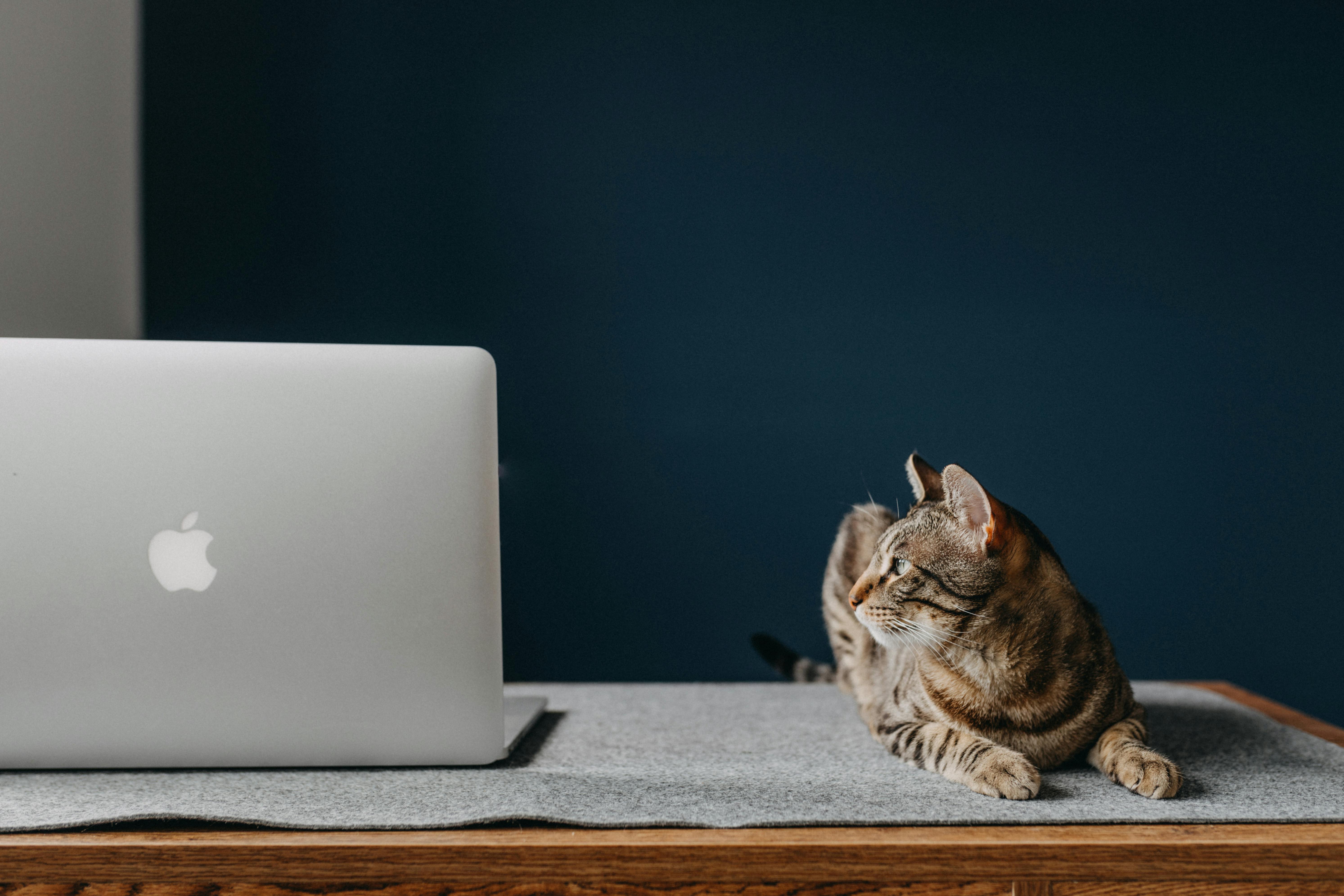Home to nearly 20,000 inmates today, there’s nothing new at New Bilibid Prison. Established in 1940 after the Old Bilibid Prison was transferred to Muntinlupa, one of the cities in Metro Manila, this prison facility also housed some notable figures in Philippine history including: Jovito Salonga, a Filipino senator imprisoned for the japanese war. occupation; Tomoyuki Yamashita, commander of the Imperial Japanese Army in the Philippines; and Amado V. Hernández, winner of the prestigious National Artist Award for Literature. Adding to these numbers, thousands of unknown characters have called New Bilibid prison their home for several years, some of them even spending most of their lives within the confines of its walls.
Prison life is never easy, but here in the Philippines it is worse even by the country’s standards. The congestion rate of this prison is 129% and most of the facilities that are used are substandard. The food is barely tolerable, if not terrible, with the usual fare consisting of meatless soup, rice, and Chinese water spinach, known locally in the Philippines as “kangkong.” By the way, this is a favorite leafy vegetable that country people feed to pigs.
First-time intimates here can have a traumatizing experience depending on the crime. Just like any other jail in the Philippines, a certain “level of respect” is accorded to inmates with a certain crime. For example, rapists receive no “respect” at all and the usual reception for them in prisons can range from a simple kick or physical abuse by their fellow inmates to being sodomized for days. Disgusting but true. Some inmates are so sexually deprived that they even accommodate their fellow inmates. Assassins and thieves can earn a higher level of respect and can even become “mayors”, slang for the highly privileged head of the cell. Inmates with low command presence or who do not know how to defend themselves will often find themselves “enslaved” during their stay. It is not uncommon for them to become “official” janitors or masseurs for the mayor and other inmates. This may surprise Western readers, but it is an accepted tradition in Philippine jails, especially New Bilibid Prison.
Hell does not end in cells. Even in the playgrounds, novice inmates will find themselves discriminated against. There are sections in this already congested facility that are sometimes reserved for a certain gang. Anyone unfortunate enough to stray into someone else’s territory will find themselves physically abused in the slightest. Unlike prisons in developed countries, phone calls are not free, they are charged collect. Inmates who can afford to buy some from the guards are allowed to let in cell phones. Affluent inmates can also build their own private room. Until a few years ago, the media discovered that some privileged prisoners have their own rooms with supplementary air conditioning units, refrigerators, soft beds and televisions.
Life in the Philippines is unfair, but it’s even more evident in New Bilibid Prison. I had the unfortunate opportunity to visit this jail once when I was in college as part of my study. The image of a miserable life in that facility is still so clear the day I was there, even after several years. Every time I read crime news or anything related to this prison, I can state that crime does not, in fact, pay, especially if you are in the Philippines.
